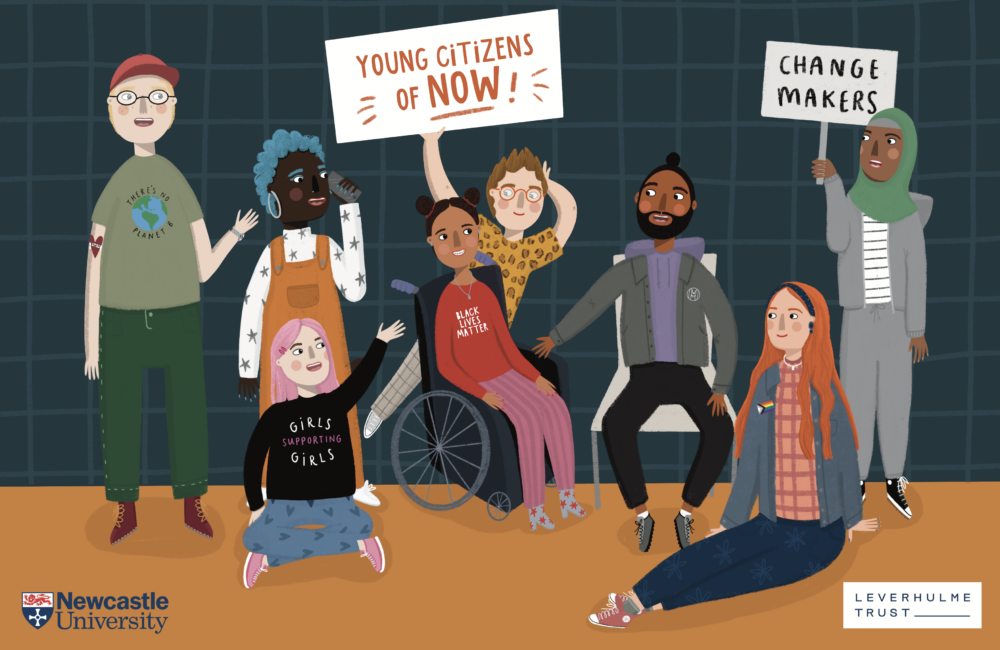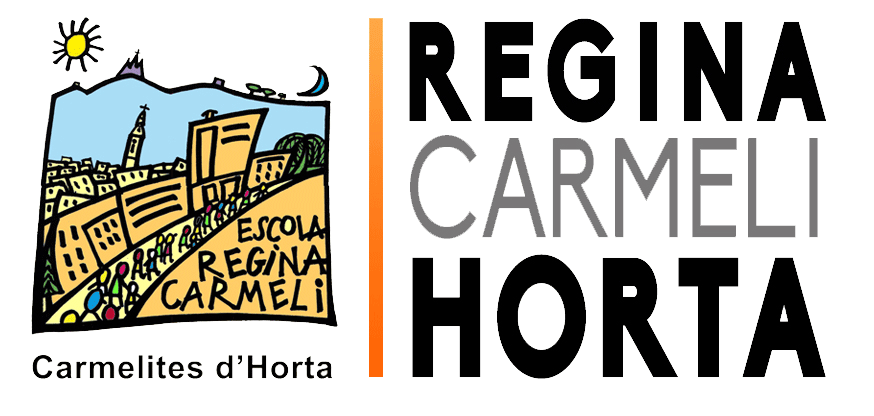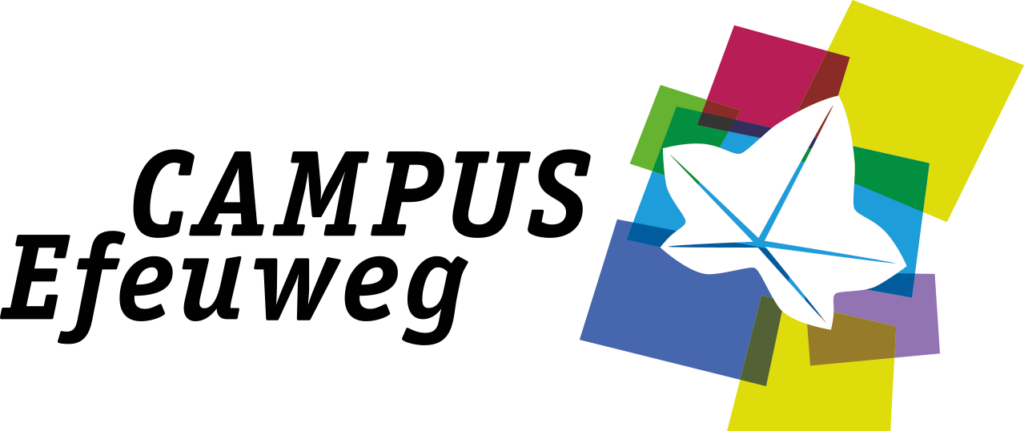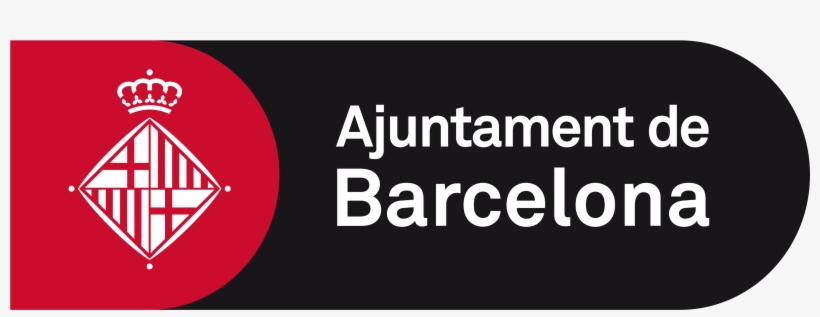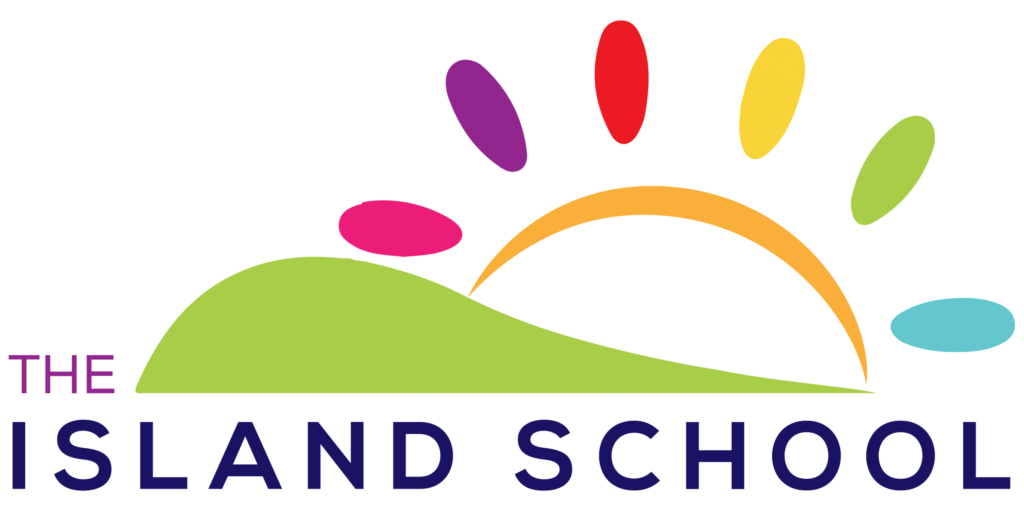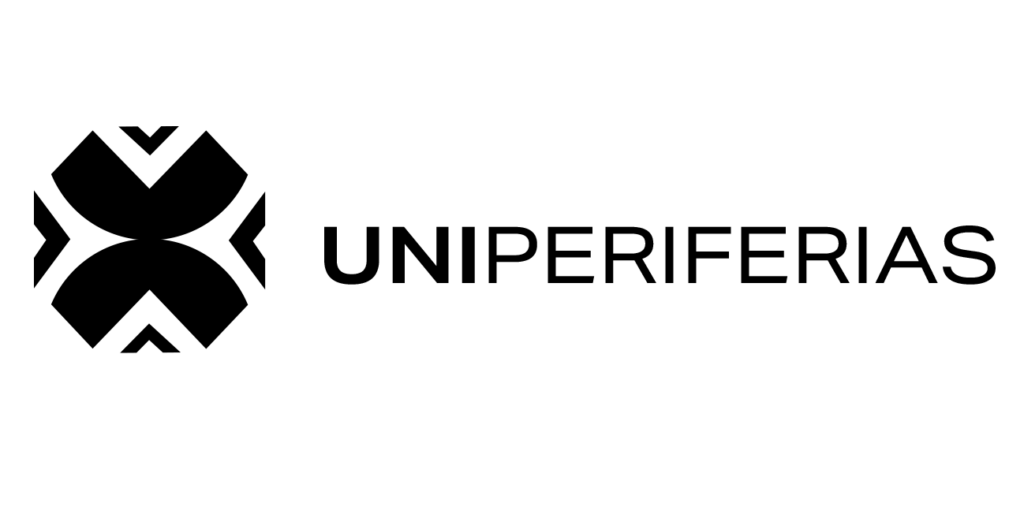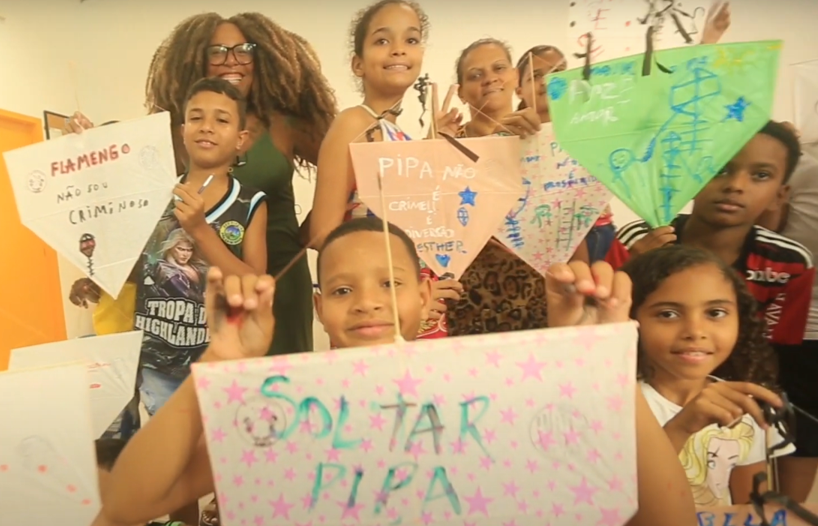
Overview – An International Comparative Research Study
The research sets out to develop a shared understanding of the range of children and young people’s everyday socio-educational situations and experiences and the extent to which approaches to education (pedagogy, curriculum or governance) can help to develop powerful, (re)connected communities for a fairer, more relational city.
The study shows how developing education policies and practices based on reciprocal learning relationships and decision making for children and young people (‘becoming relational’) is essential in supporting place based alternative economic models that ‘think beyond GDP’.
Summary
This 45 month international comparative research project across 4 cities (Barcelona, Berlin, New York and Rio de Janeiro), funded by the Leverhulme Trust, explores the experiences of policymakers, educators and, most importantly, children and young people, by asking how they think that approaches to education can help make their city a fairer place.
The case studies provide examples of how thinking ‘beyond examination results’ can create reciprocal and collaborative learning environments that value the type of skills, knowledge and relationships needed to build places and economies that look ‘beyond GDP’.
The children and young people’s experiences and expertise resulted in key messages for communities, policymakers and professionals on how education can help make the city a fairer place. More information can be found on the specific city pages. Their films are available here
Children and young people in these education initiatives are respected as experts and decision makers for fairer places – citizens of now. How can we ensure that such activities are not a one off and that children and young people can contribute their expertise in the places where they live, to build more socially just, collaborative places and economies?
Becoming Relational: The Relational Toolkit
Places wanting to develop education policies for alternative, more socially economies can start by looking at the types of collaborative relationships and reciprocal learning activities that are developed with children, young people and their communities in their schools, institutions such as hospitals and universities, community projects – and through their own range of civic engagement activities. The Relational Toolkit, developed as a result of this research, as a starting point for children and young people to co-evaluate such activities, can help.
If you are interested in discussing how the Toolkit could be used in your organisation, please contact: Deborah Ralls
Research Focus
The research focus on repositioning children and young people as experts in their own lives is particularly timely after the global pandemic. It aligns with the aims of the international Sustainable Development Goals (SDGs), the UN Rights of the Child Article 12, which says that children and young people have the human right to have opinions and for these opinions to be heard and taken seriously, as well as more recent developments such as the EU Child Guarantee and the European Year of Youth 2022.
The participatory, creative and artistic methods used with children and young people in this project and the creative outputs produced, enable children and young people to speak directly to their communities, peers, families, academics and policymakers, using the approach that they chose.
The children and young people from the 4 case studies were asked to create a public message, in the format of their choice, on how education can help make the city a fairer place. They chose to use a range of creative methods to produce their message: film making, song writing, musical composition, ceramics and kite flying.
Rather than focusing on improved exam results or job outcomes as educational priorities for a fairer place, the children and young people chose to emphasise the role that education has – or could have – in the following areas:
- challenging racism and place based stereotypes and prejudices (Berlin)
- education for social action (Rio de Janeiro)
- eliminating gender violence, sexism and LGBTQ+ abuse and violence (Barcelona)
- educating to prevent domestic violence (New York)
- the importance of education as a space for talking about emotions, hopes and fears – to know you are not alone if you are finding it hard ‘becoming the person you want to be’ (Barcelona and Berlin)
The children and young people’s messages on how education can help make the city a fairer place demonstrate the importance of recognising our youngest citizens as key experts and educators in the development of inclusive places and economies.
Their messages provide an opportunity to better understand how education initiatives can have a lasting impact on local communities and the development of relational citizenship in urban places.
The case study locations
The four cities (Barcelona, Berlin, New York and Rio de Janeiro) in this study were identified based on evidence of attempts to develop, in different ways, an enabling and supportive urban context of cross-sector partnerships and collaboration that can help to build more inclusive economies. Summaries can be found on the cities’ case study pages.
The four education case studies in this research project were chosen based on their explicit intent to create learning environments based on social justice, equity and solidarity through their chosen approaches to governance, curriculum or pedagogy.
The case studies foreground children and young people’s perspectives on how approaches to education policy and practice can best support the types of skills, knowledge and relationships that can help more inclusive, socially just places and economies to flourish.
The study suggests how urban places can redefine approaches to education policy and current approaches to who ‘counts’ as a fully-fledged citizen, developing a systematic approach to build stronger, more democratic learning and decision-making relationships with children and young people from urban communities.
Becoming Relational
- The study uses relational theory (Holland et al, 1998, Warren et al, 2009) to understand participant identities and the associated notions of power and positionality that emerge in urban education contexts.
- The research explores the extent to which a place and its communities can become more relational through education policies and practices.
- It highlights how socio-educational relationships can be constituted to generate the ‘relational goods’ (interpersonal trust, emotional support, care and social influence) (Cordelli, 2015) that are required if there is to be a fundamental shift to a more reciprocal relationship between the state, civil society and citizens (Mulgan, 2012).
Broad Findings
Although education is key in the evolution of inclusive urban economies, findings from the research show that there is a need for towns and cities to do things differently.
If we want inclusive future towns and cities and more equitable urban economies that are based on solidarity and co-operation, urban education policy needs to move beyond a focus on individual academic achievement and economic outputs, towards a strategy that incorporates the development of ‘relational goods’ (such as interpersonal trust, emotional support, care and social influence).
We need to join the dots; to connect economic policies with the type of education theories, policies and practices that can develop the skills, characteristics and knowledge needed for a fairer place.
Header illustration Citizens of Now by India Joseph
With many thanks to Philippa Chapman for the creation of the WordPress site
Recent Publications
Blossom-Ward, M., Hart, S., Kippen, R., Ralls, D., Rubani, N. (2023). The Future Is Ours: Young People and the Inclusive City. In Percy-Smith, B., Thomas, N.P., O’Kane, C. & Twum-Danso Imoh, A. (eds) A New Handbook of Children and Young People’s Participation: Conversations for Transformational Change. Routledge. https://www.routledge.com/A-Handbook-of-Children-and-Young-Peoples-Participation-Conversations/Percy-Smith-Thomas-OKane-Imoh/p/book/9781032007397
Ralls, D, Lahana, L., Towers, B., T, Johnson L. (2022). Reimagining education during a pandemic: children and young people as powerful educators. In COVID-19 and Education in the Global North: Storytelling as Alternative Pedagogies. (Palgrave). Available at: https://link.springer.com/chapter/10.1007/978-3-031-02469-6_1
Ralls, D., Pottinger, L. & Draws, D. (2021) Participatory Mapping in Methods for Change – Impactful social science methodologies for 21st century problems. Barron, A., Browne, A. L., Ehgartner, U., Hall, S. M., Pottinger, L. & Ritson, J. (eds.). ASPECT, (Methods for Change –Impactful social science methodologies for 21st century problems) [onine]. Available at: https://aspect.ac.uk/resources/research-method-participatory-mappin
Haines Lyon, C., Ralls, D. and Stuart, K. (2021) Ethical conundrums in Democratic methodologies [online] Available at: https://anchor.fm/isj [Podcast]
Ralls, D. (2020) Futureproofing an Inclusive Urban Economy: Redefining education policy in our towns and cities. 13 October. Policy@Manchester [online] 11 p. Available at: https://documents.manchester.ac.uk/display.aspx?DocID=51534
Ralls, D. (2020), Building back better: rethinking urban futures with children and young people. 27 October. Policy@Manchester [online]. Available at: http://blog.policy.manchester.ac.uk/inclusivegrowth/2020/10/building-back-better-rethinking-urban-futures-with-children-and-young-people/
Ralls, D. (2020, Jul 10). Beyond the rainbows: The missing voices of children and young people in this pandemic. LSE Politics and Policy Blog [online]. Available at: https://blogs.lse.ac.uk/covid19/2020/07/10/beyond-the-rainbows-the-missing-voices-of-children-and-young-people-in-this-pandemic/
The Island School, NYC, Lahana, L & Ralls, D (2020). Virtual Social Action Makerspaces in NYC: Finding Democratic Spaces of Creative Possibility during Lockdown. in Recast: A Co-operative and Radical Education Zine : Volume 1:Lockdown . vol. 1. <https://drive.google.com/drive/folders/1m0Cta_m7qiQ7rp-junIkVvxa1SU2k6Xf> (Zine)
Ralls, D. (2019). Reimagining education policy: Co-operative schools and the social solidarity alternative. In T. Woodin, & L. Shaw (Eds.), Learning for a Co-operative World : Education, social change and the Co-operative College (pp. 154-168). UCL IOE Press. https://styluspub.presswarehouse.com/browse/book/9781858566801/Learning-for-a-Co-operative-World
